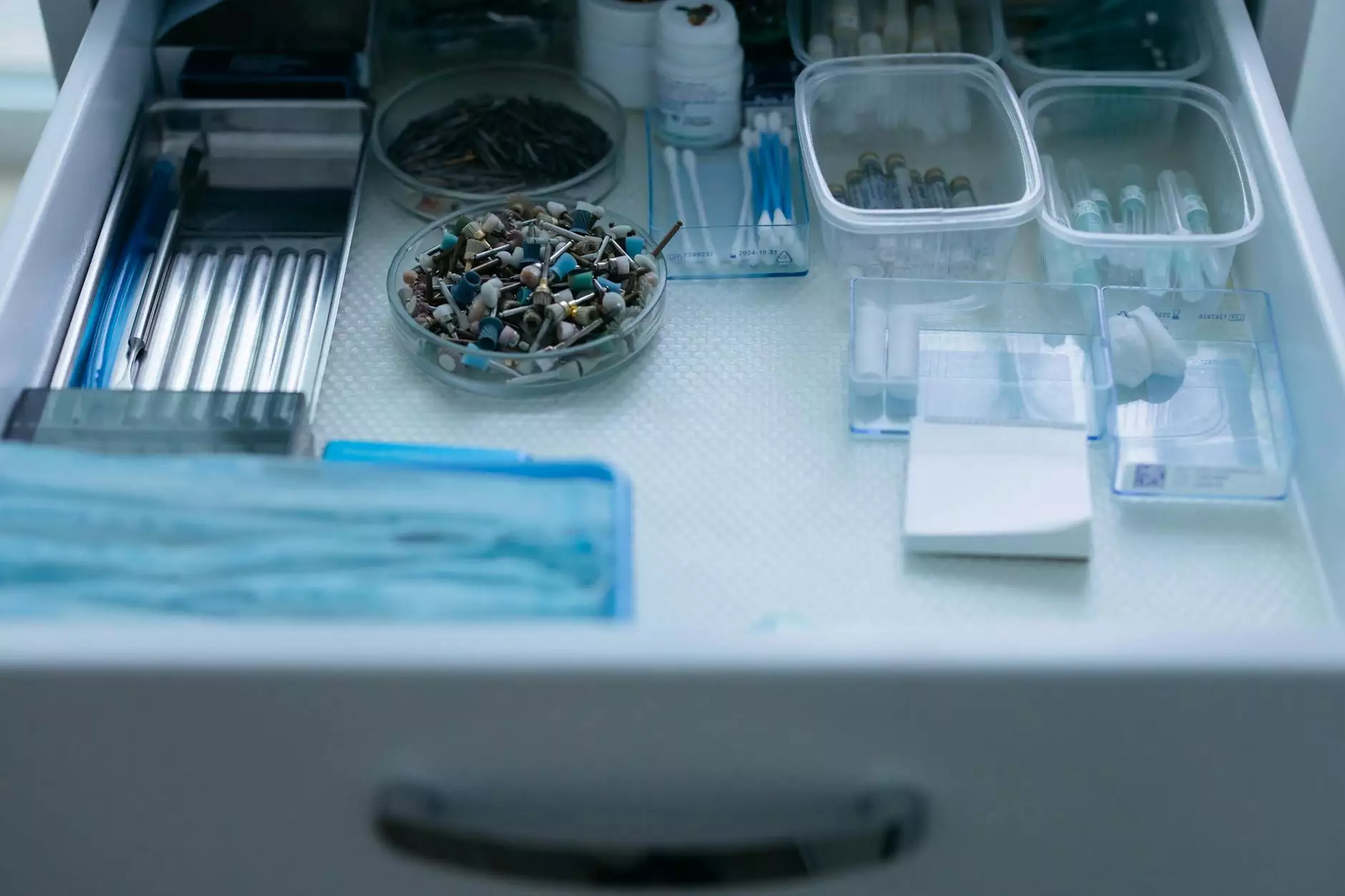Cancer Treatment Specialists: Navigating the Path to Recovery

Cancer is one of the most formidable health challenges facing individuals today. With millions affected by various forms of this disease, the role of a cancer treatment specialist has never been more crucial. They are highly trained professionals who focus on diagnosing, treating, and managing cancer in patients, providing them with the best possible chance of recovery. In this article, we will delve into their responsibilities, the treatment avenues available, and how choosing the right specialist can make a significant difference in one’s journey toward recovery.
Understanding the Role of Cancer Treatment Specialists
A cancer treatment specialist is typically an oncologist, a physician who specializes in cancer treatment. Their expertise encompasses a wide range of responsibilities, including:
- Diagnosis: Utilizing advanced imaging techniques and laboratory tests to determine the presence and type of cancer.
- Treatment Planning: Designing personalized treatment plans based on the patient's specific cancer type and stage.
- Administering Treatment: Providing chemotherapy, radiation therapy, immunotherapy, and targeted therapies.
- Monitoring Progress: Regularly assessing the patient's response to treatment and making necessary adjustments.
- Support and Guidance: Offering emotional and psychological support to patients and their families throughout the treatment process.
The Importance of Early Detection
One of the key factors in successfully treating cancer is early detection. Detecting cancer at an early stage can significantly enhance the effectiveness of treatment and increase the chances of recovery. Symptoms vary widely depending on the cancer type, which is why regular check-ups and awareness of the body’s changes are paramount.
Popular Screening Options
For a comprehensive approach to early detection, a cancer treatment specialist may suggest various screenings based on the patient’s age, family history, and risk factors. Some common screenings include:
- Mammograms: For breast cancer, recommended annually for women aged 40 and older.
- Colonoscopies: Crucial for detecting colorectal cancer, typically starting at age 45.
- Prostate-Specific Antigen (PSA) Test: A blood test for prostate cancer screening, recommended for men starting at age 50.
- Pap Smear: Essential for early detection of cervical cancer, recommended every three years for women starting at age 21.
Various Treatment Modalities Offered by Cancer Treatment Specialists
Once diagnosed, patients are guided through a multitude of treatment options by their cancer treatment specialist. Each treatment plan is tailored individually, considering factors such as the location of the cancer, the stage of the disease, and the patient's overall health. Here are some commonly used treatments:
Chemotherapy
Chemotherapy uses powerful drugs to kill cancer cells or stop their growth. It is often utilized when cancer is widespread or has the potential to spread. While chemotherapy is effective, it can have side effects that require management by the specialist.
Radiation Therapy
This treatment uses high-energy rays to target and kill cancer cells. Radiation may be prescribed as a primary treatment or in conjunction with other therapies.
Immunotherapy
Immunotherapy harnesses the body’s immune system to tackle cancer. It has become a revolutionary approach, especially for certain types of lung cancer, melanoma, and other malignancies.
Targeted Therapy
Targeted therapy focuses on specific molecular targets associated with cancer, aiming to interfere with cancer cell growth and division. This personalized approach leads to fewer side effects compared to traditional chemotherapy.
Surgery
In many cases, surgical intervention is a vital part of the treatment. A cancer treatment specialist may collaborate with oncological surgeons to remove tumors and surrounding tissue.
The Collaborative Approach in Cancer Care
Effective cancer treatment involves a multidisciplinary team approach. A cancer treatment specialist collaborates with various healthcare professionals, including:
- Radiologists: For accurate imaging and diagnosis.
- Pathologists: Who analyze tissue samples to provide detailed cancer characteristics.
- Oncological Surgeons: Specializing in surgical procedures to remove tumors.
- Nurses: Providing ongoing patient care and education.
- Nutritionists: Offering dietary advice to support recovery.
- Psychologists: Ensuring mental health support.
Patient-Centered Care: Ensuring Comfort and Support
The journey through cancer treatment can be fraught with emotional upheavals and physical challenges. A cancer treatment specialist prioritizes patient-centered care—ensuring that each patient feels supported and informed at every step of their treatment journey. This includes:
Educational Resources
Providing patients with literature, videos, and access to support groups helps demystify the treatment process and prepares them for what to expect.
Emotional Support
A diagnosis of cancer can lead to anxiety and uncertainty. Specialists often recommend counseling and peer support groups that can help patients cope with their diagnosis and treatment.
Finding the Right Cancer Treatment Specialist
Choosing a cancer treatment specialist involves careful consideration. Here are some important factors to contemplate:
- Qualifications: Ensure the specialist is board-certified and has relevant experience treating your specific type of cancer.
- Hospital Affiliation: Research the hospitals they are affiliated with for quality ratings and available facilities.
- Patient Reviews: Look for feedback from former patients regarding their experiences.
- Communication Skills: Your specialist should encourage questions and be open to discussing treatment options in detail.
Conclusion
The decision to seek care from a cancer treatment specialist can be transformative and life-saving. With advances in treatment and a collaborative, patient-focused approach, countless individuals are finding paths to recovery and extending their lives. The journey may be challenging, but with the right support and care, hope and healing are always within reach.
We encourage you to take the leap toward proactive health management. Schedule regular screenings and consultations with a cancer treatment specialist to safeguard your health and well-being.









